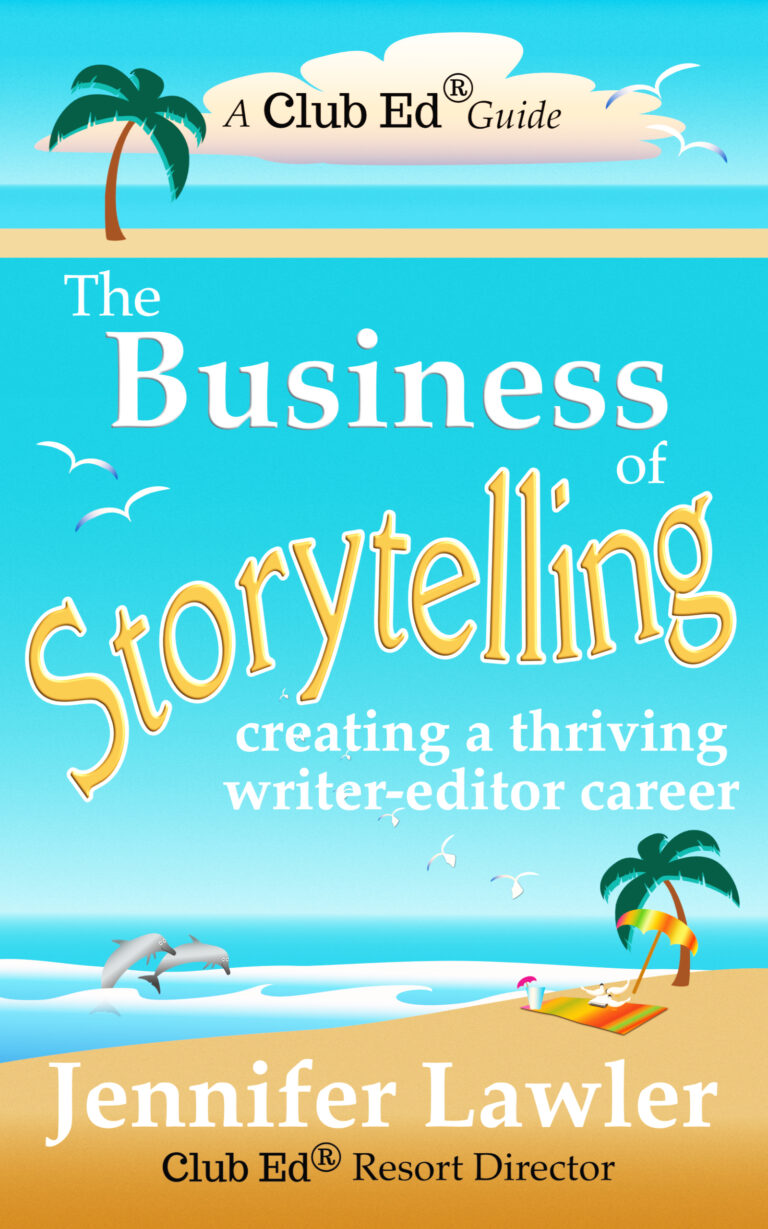The first three chapters
Writers need to know how to grab readers’ attention, and I have a few thoughts on this.
Give your novel its best shot.
Few readers will read beyond ten or fifteen pages if a novel doesn’t engage them. Agents and editors—even if interested in the manuscript—almost never go beyond thirty or forty pages before finding a reason to reject a novel.
Most agents and editors, when asking for material, will request a “partial” before they ask to see a full manuscript. A partial is usually considered 3 chapters (although the agent may request a specific page count, like 50 or 100 pages).
It’s crucial for these pages to be in top shape.
Unfortunately, many times a novel starts in a promising way but falls apart after the first few pages, often for reasons of technique that can be identified and fixed.

Tips for Writers to Grab Readers’ Attention
Here are some tips for making sure your first three chapters get, and keep, the reader’s attention.
- Begin at the beginning. Sometimes you need to write the whole novel, or at least a good chunk of it, to know where the beginning is. Sometimes the beginning is clear from, well, the beginning. In any case, you have to start where your story begins, and often that is not on page 1. And one other thing: Ditch the prologue.
- Start as you mean to continue. Your first chapter starts off with a swashbuckling adventure. Your second chapter continues the story as a homey romance. Gnashing of teeth (by your readers) will ensue. If you’re promising your readers a humorous romp through Victorian England, turning the story into a horror about Jack the Ripper isn’t the way to instill a little tension into the narrative.
- Deliver on genre conventions—or know why you’re not. Connected to the idea of starting as you mean to continue is the idea that you need to understand, respect, and deliver on genre conventions. A romance ends with a happily ever after. A novel may be about two characters falling in love, and one of them can die at the end, but you can’t call that novel a romance. That would be a love story, which is a different creature. If you’re really talented, you can of course turn genre conventions on their head, break genre rules and essentially thumb your nose at readers’ expectations, but you do so at your own peril (just ask any reader why she threw that book against the wall and almost invariably it will have to do with thwarted genre conventions.)
- Keep abreast of changing tastes. You may, as most writers do, write for yourself, or write the novels that interest you, but if you want to have commercial success, then you need to care about what your readers want, and you have to understand that readers’ tastes change. Most readers (including editors and agents) happen, at this moment in time, to prefer third person limited (and to some degree, first person) point of view. Omniscient narrators are not as appreciated as they once were. Head-hopping, which no one cared about twenty years ago, is a disastrous no-no now. Lengthy discourses on the state of society were tolerated, even appreciated, forty years ago, but no more.
- Give your reader something to do. Some of the most convoluted, uninteresting writing comes from writers who are trying to tell their readers exactly what they should be thinking and picturing at every moment. Storytelling isn’t cinematography, though, and much of the joy of reading comes from filling in the blanks—imagining, in your own head, what the writer is describing. You have to find the balance between dumping too much into your story and not enough. This is especially tricky to do at the beginning of your book, when you’re trying to establish your characters, their conflict, the world they live in and their backstory. But it can be accomplished!
- Establish your voice. The first three chapters are where you assure your readers that they’re in good hands. Having a convincing voice from the beginning goes a long way toward assuring your readers that they haven’t made a mistake by investing some time with your book. Explain, or at least imply, why your characters do what they do. Because character motivations so often exist in their backstory, writers often put off showing motivation until the backstory is revealed. But that can lead to unfortunate situations where your characters comes across as jackasses, instead of sympathetic people, or as illogical and untrustworthy. If that’s your intention, fine, but too often it isn’t, and there’s a divergence between how the reader experiences the character and how the writer intended the character to be experienced.
- Make war, not peace. Conflict is the core of all fiction, but very often writers “save” the conflict for the denouement. Which means that readers yawn their way through the first 70,000 words. Tension and conflict can, and should, be built from the first page. Your characters have to want something. (A great way to have conflict is to have characters who want something in direct opposition to each other.) Characters grow and change or resist growth and change. They respond to motivation and conflict in ways that are in keeping with their characters. (The Pope and a Hell’s Angel will respond to a verbal taunt in different ways. One assumes, anyway.)
Problems with these elements commonly crop up early in novel manuscripts. Fixing them before your work reaches your readers is key to your success.
Other Helpful Content
Helping Authors Strengthen Story Settings
The setting of a novel consists of multiple elements, big and small, that nest inside each other like those little Russian dolls. We might show this hierarchy of settings like so: If you think about it, the micro setting of “the living room of 601 San Mateo Road Apartment 16” implies the existence of all…
Setting problems: lack of concrete locations
Writers often use setting like a painted backdrop to their stories, rather than as an integral element of their storytelling. As DEs, we can help them make the setting come to life. If we think of Wuthering Heights, we think of the Yorkshire moors. When we think of Moby Dick, it’s a whaler on the…
Join the Club!
New to story editing? Begin at the beginning.






